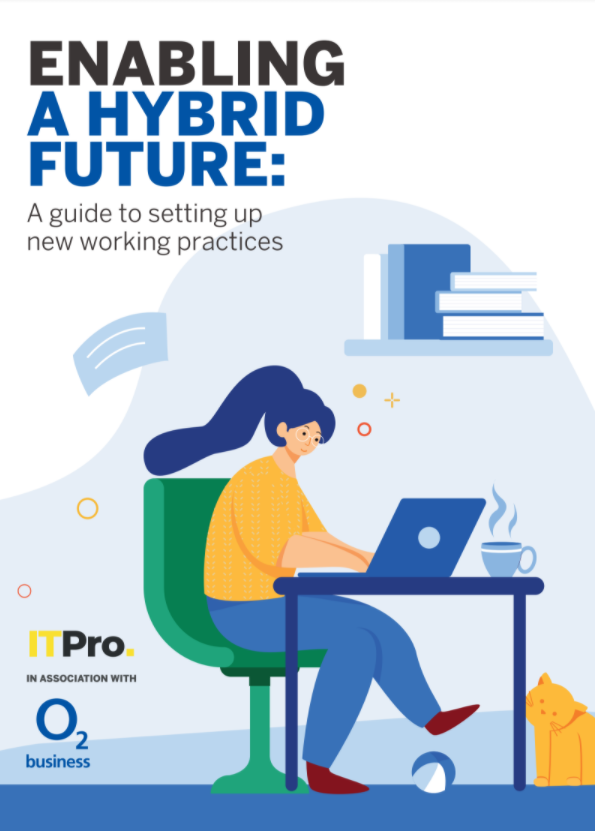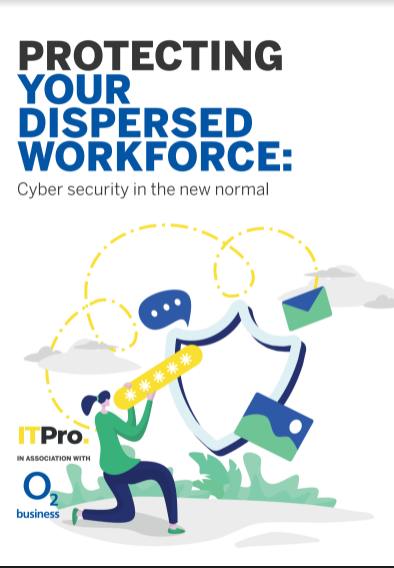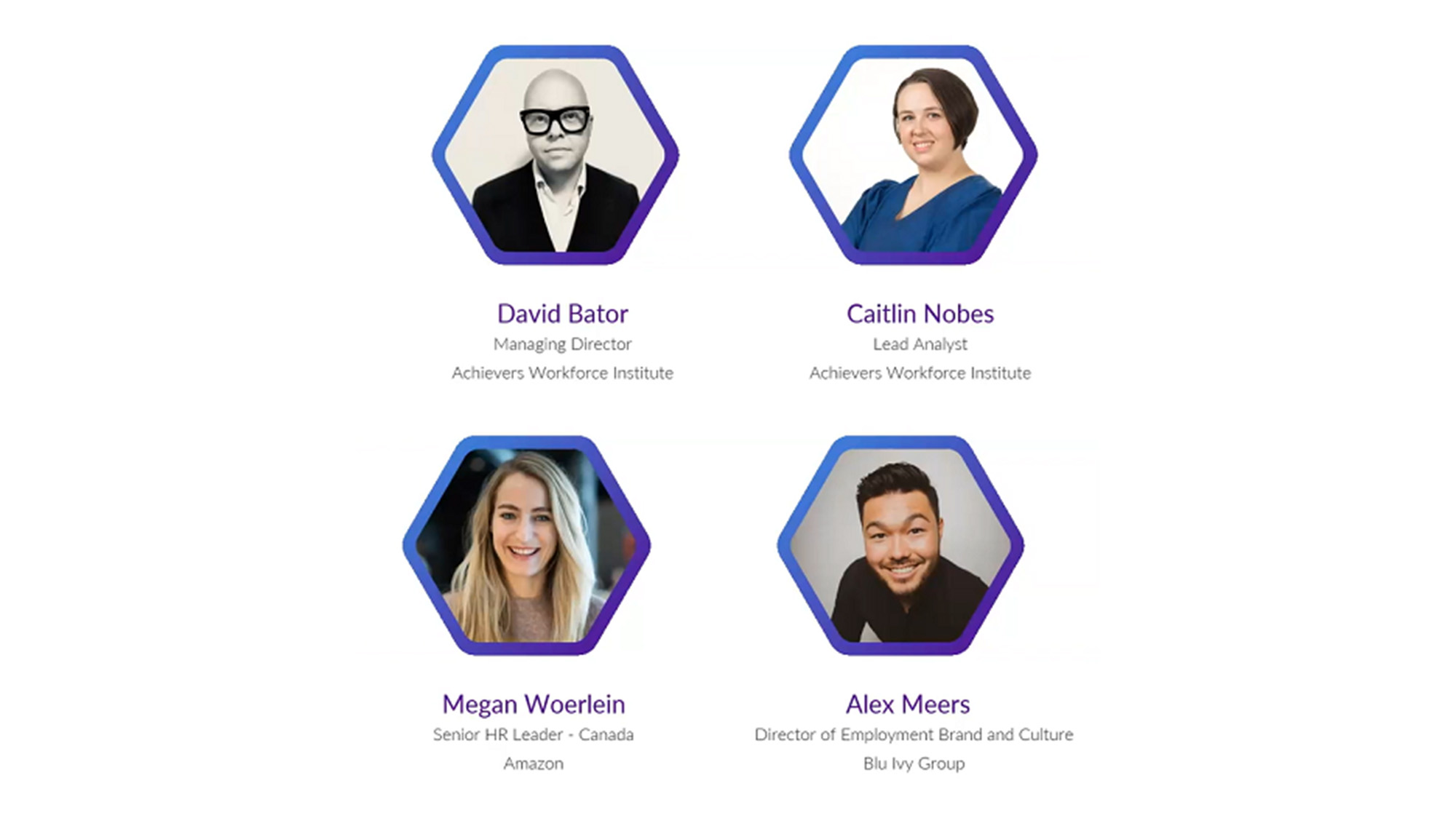Why flexibility is key for businesses moving forward
Dav Sandher, O2’s head of SMB product and propositions, on the shifting work models of 2020 and business collaboration post-COVID

Many SMBs have experienced huge upheaval in 2020. The COVID-19 outbreak has cast a spotlight on their technology solutions, pushing them to think digitally and become flexible to the shifting demands of an increasingly distributed workforce.
But where do we go next? For that journey, O2 Business is aiming to support organisations with the tools they need for a hybrid model of business collaboration, where some staff are stationed in the office and others working remotely. In a recent IT Pro Podcast, we were joined by O2’s Head of SMB Product and Propositions, Dav Sandher, to explore the vital lessons businesses can take from the unexpected challenge of this year (you can listen to that discussion in full below).
Sandher was kind enough to expand his thoughts, and here he talks to IT Pro about the importance of digital business models and improving an organisation’s agility and flexibility in a post-COVID world.
Obviously, remote working has seen a huge increase this year. But in what other ways have working models shifted over the course of 2020?
What we're seeing, outside of remote working, is a reevaluation of processes, and how to digitise processes so they're more flexible. There's a greater focus on what a business does end to end, and how to remove any waste or unnecessary complication. With COVID, thinking digitally has become a mindset, and being digital means being flexible, more than just remote working. On the IT Pro Podcast, I referred to some changes in how people are thinking about the contracts and how they deal with partners and suppliers; certainly how they're interacting with their customers. There's a greater acceptance that certain things could be done online, which customers and businesses previously might have been a little bit hesitant for.
Lots of people have websites, but they haven't necessarily kept them up to date and thought about the content; it's just the presence. Certainly at the smaller end, there's now a greater focus on how businesses can actually ensure customers can contact them or understand what they do. And it's not always necessarily going to be on premise or over the phone. That initial step where a customer discovers a small business, I think that's going to be one aspect of COVID digitisation that stays. And it does play into flexibility, because actually, you have to accept that your customers will want to interact in different ways.
The pandemic has driven a huge increase in the importance of this digital business model. How can organisations best support this through the remainder of the crisis and beyond?
If we look at it from an end user perspective, one of the challenges SMBs have told us about is actually the support they require to adopt something. Rather than just rolling out the applications, organisations also need to consider the end user support that's required, and how quickly they can get people up and trained. The business case for digital? It makes sense. But in reality, implementing it and realising the benefits requires a lot of effort.
RELATED RESOURCE

Consider how employees can get up to speed, and how they're going to get trained on that service so it actually reduces the adoption barrier, and introduces new ways of working much quicker. And that can be done quite easily; we offer onboarding and set-up experiences, it could be on a per hour basis, or it could be down to how many employees you want set up. I think that's really important, because it's the people who use the solutions that are the ones who help drive change, so you've got to be quite focused on the user.
Have organisations changed how they're deploying and delivering their business applications in light of this?
We're seeing some different behaviours. There's certainly a trend towards having managed services in small business. Managed services can sound really complicated, and really expensive, but I think the acceptance of small and medium businesses is that they're changing. They don't have the know-how themselves, and more importantly, they don't necessarily have the resources available on hand, so they're looking for those managed services which are available on demand. Small medium businesses have realised just buying directly from a vendor means whilst you get the service, you don't get that overall wrapper of support when you need it, both as an administrator as an employee who's using those digital services.
We're also seeing requests for people wanting to trial services before they roll them out. From a business perspective, creating that business case is quite important, being able to demonstrate very quickly to other departments about the benefits that can be brought on. That was certainly there pre-COVID, but during COVID, there was almost a forgiveness to go away and just buy a few sets and services. But as you move into a post-COVID world again, I think there will be a greater focus on understanding what the benefits are and demonstrating through the trials of those services before expanding out.
Looking at collaboration, you spoke on the IT Pro Podcast about moving to this hybrid model of business collaboration with some remote users and some in office. But will this hybrid model of business collaboration improve an organisation’s agility and flexibility in a post-COVID environment?
I think it will, and I think the benefits are in a number of spaces. One area is staff retention, because about 70% of UK employees want to be able to work flexibly. People always talk about millennials wanting the ability to work flexibly, but it's actually across the different age groups. So that desire to work flexibly and manage your home life, I don't view it as just a millennial thing.
RELATED RESOURCE

There's also the benefit of talent acquisition. It's very hard sometimes, as a small and medium business, to find the right people. You can be in competition with larger organisations. And sometimes those right people, you don't necessarily want full time. So there's a benefit there of being able to access resources if you've got that hybrid workplace model, where you're contracting a piece of work out to somebody who's sitting in Devon, but actually the office is across in Plymouth.
It's an opportunity for businesses to get closer to both their client base and their partners. On the podcast, I was talking about reinventing what the actual office structure looks like with a hybrid workplace; everybody talks about a reduced floor space or maybe you need a smaller building, but I don't think there's going to be a massive shift over time. Businesses are still going to be quite cautious, but will start actually redesigning the workplace and considering how they can interact and collaborate better with their partners and customers. I believe there's an opportunity there with the hybrid workspace.
Learn more about how O2 Business can give your organisation flexibility
Get the ITPro daily newsletter
Sign up today and you will receive a free copy of our Future Focus 2025 report - the leading guidance on AI, cybersecurity and other IT challenges as per 700+ senior executives
ITPro is a global business technology website providing the latest news, analysis, and business insight for IT decision-makers. Whether it's cyber security, cloud computing, IT infrastructure, or business strategy, we aim to equip leaders with the data they need to make informed IT investments.
For regular updates delivered to your inbox and social feeds, be sure to sign up to our daily newsletter and follow on us LinkedIn and Twitter.
-
 Should AI PCs be part of your next hardware refresh?
Should AI PCs be part of your next hardware refresh?AI PCs are fast becoming a business staple and a surefire way to future-proof your business
By Bobby Hellard Published
-
 Westcon-Comstor and Vectra AI launch brace of new channel initiatives
Westcon-Comstor and Vectra AI launch brace of new channel initiativesNews Westcon-Comstor and Vectra AI have announced the launch of two new channel growth initiatives focused on the managed security service provider (MSSP) space and AWS Marketplace.
By Daniel Todd Published
-
 IT professionals aren’t budging on flexible work demands – and more than half say they’ll quit if employers don’t meet expectations
IT professionals aren’t budging on flexible work demands – and more than half say they’ll quit if employers don’t meet expectationsNews Analysis from Randstad shows 40% of UK-based IT pros have quit over a lack of flexible work options, while 31% of workers globally have done the same.
By Ross Kelly Published
-
 'The tide seems to be turning towards office attendance': 64% of hybrid business leaders want staff back in the office – but many worry that enforcing RTO mandates will drive employees away
'The tide seems to be turning towards office attendance': 64% of hybrid business leaders want staff back in the office – but many worry that enforcing RTO mandates will drive employees awayAnalysis Many UK business leaders want their staff back in the office more frequently, but they’re scared to implement return to office (RTO) mandates in fear of worker revolts.
By George Fitzmaurice Published
-
 Employees are dead set on flexible working arrangements – three quarters would turn down a role that didn't offer hybrid options as work-life balance becomes more important than pay
Employees are dead set on flexible working arrangements – three quarters would turn down a role that didn't offer hybrid options as work-life balance becomes more important than payNews New research shows workers are increasingly demanding flexible working arrangements from employers.
By Emma Woollacott Published
-
 Nearly half of tech workers are seeking new roles – declining employee benefits and reduced flexible working options have staff looking elsewhere
Nearly half of tech workers are seeking new roles – declining employee benefits and reduced flexible working options have staff looking elsewhereNews While salaries are rising for tech workers, other benefits are in decline, leading to a fall in job satisfaction
By Emma Woollacott Published
-
 Untethered: How CIOs and CISOs are paving the way for the new hybrid workforce
Untethered: How CIOs and CISOs are paving the way for the new hybrid workforceWhitepaper Effective techniques to transition from exposed legacy infrastructure to an effective zero trust strategy
By ITPro Published
-
 Unified endpoint management and security in a work-from-anywhere world
Unified endpoint management and security in a work-from-anywhere worldWhitepaper Learn how to converge endpoint management and security processes and systems to drive efficiency and reduce risk
By ITPro Last updated
-
 Why flexible working is critical to ensure talent retention
Why flexible working is critical to ensure talent retentionAdvertorial The changing face of flexible working will be the focal point of a webinar hosted by the Achievers Workforce Institute on July 12
By ITPro Published
-
 Hybrid work means we’re burning out harder and faster than ever
Hybrid work means we’re burning out harder and faster than everIn-depth Technology has fueled an always-on culture that’s turbocharged a new breed of burnout, but technology can also come to the rescue
By Sandra Vogel Published
